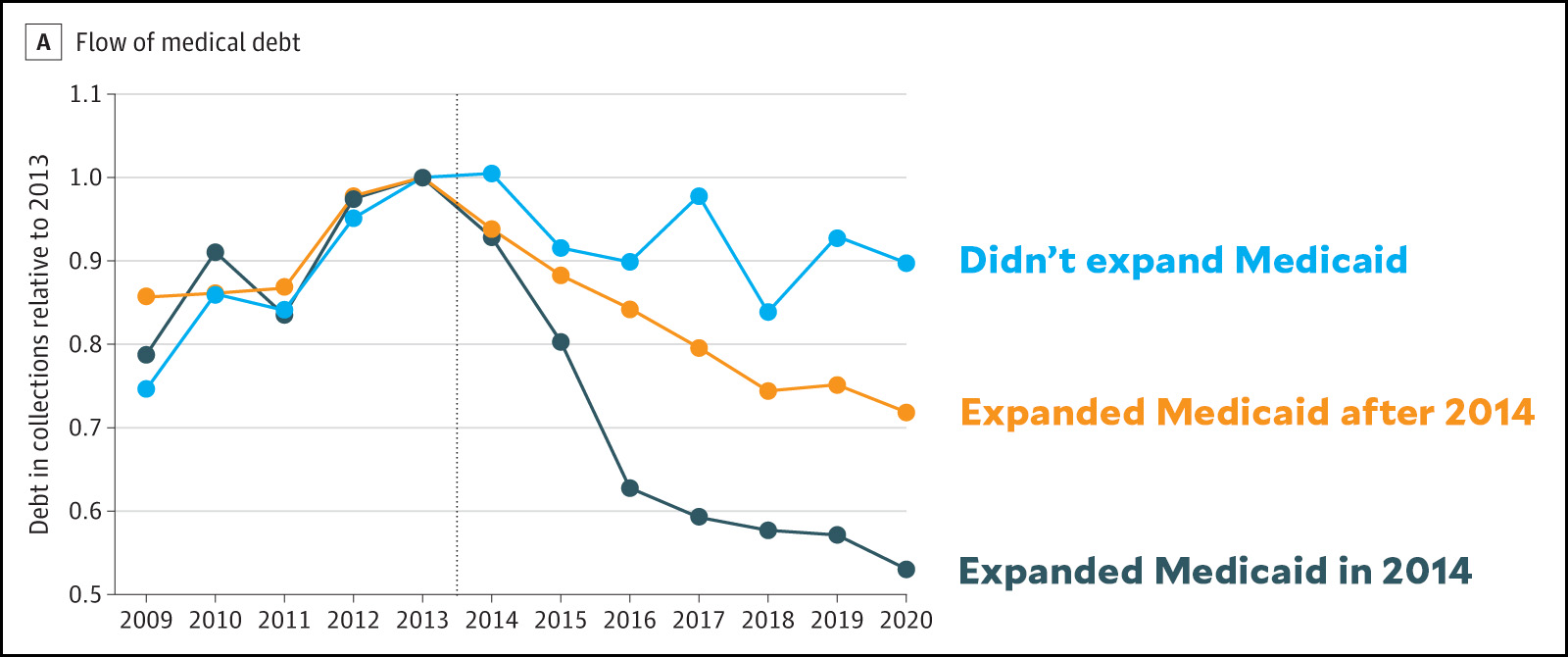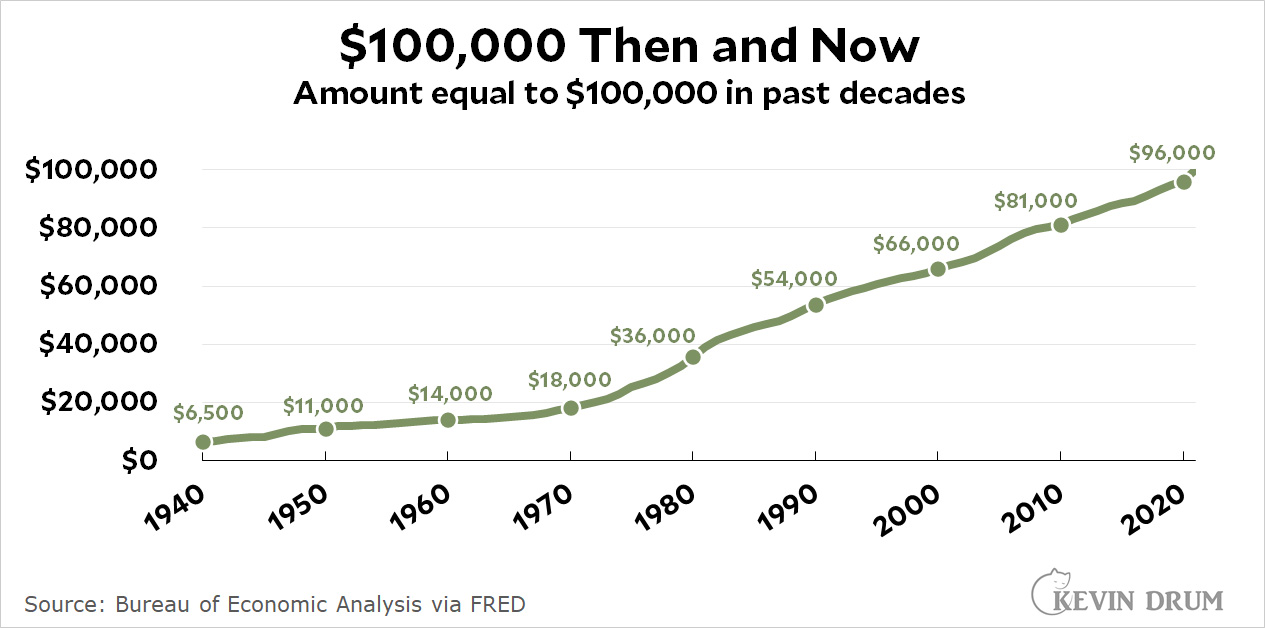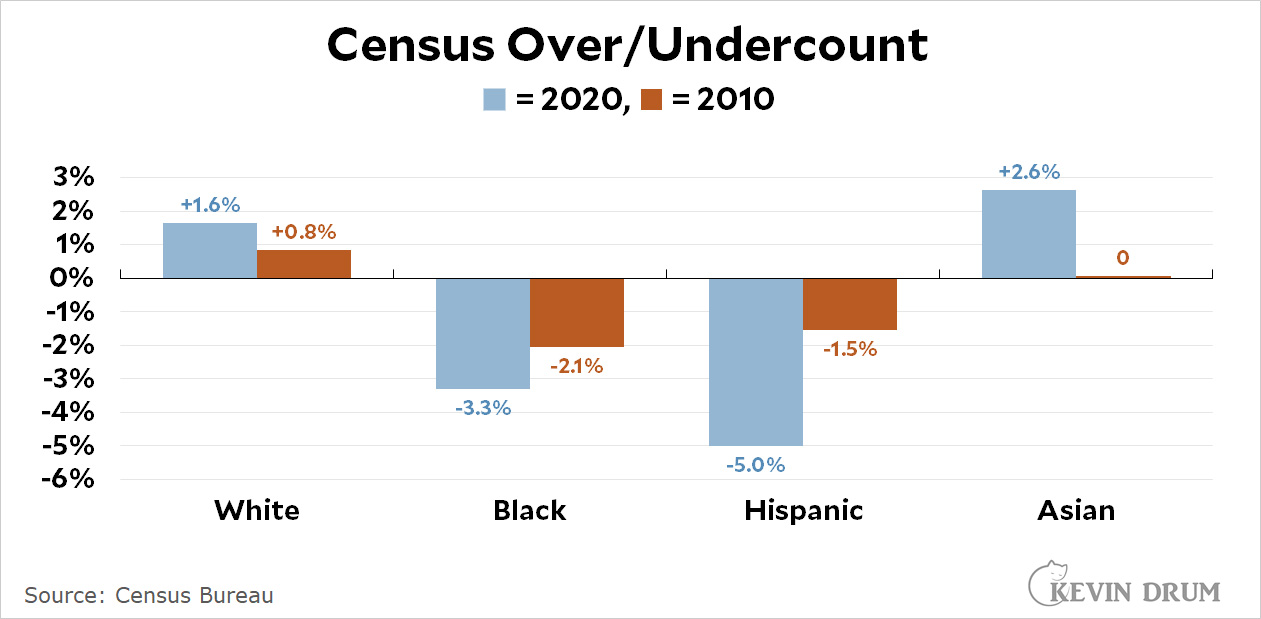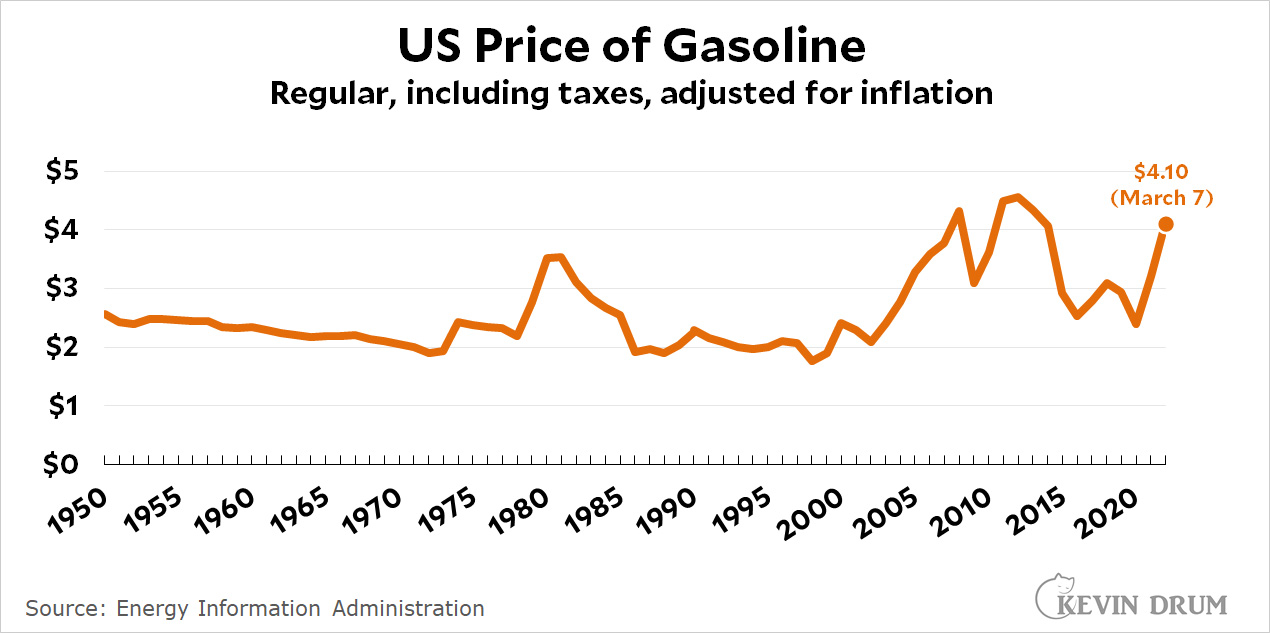My old phone spontaneously disintegrated a couple of weeks ago, so I got a new Pixel 6 Pro. I didn't get it for the camera, but it does turn out to have a great camera. This picture of Charlie and Hilbert isn't as sharp as I get with my regular camera, and the resolution isn't as high, but it's still pretty good! And its low-light performance is stunning. Maybe I'll show that to you next week.
BTW, Marian would like me to tell you that our bed isn't always unmade.





